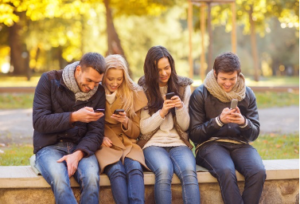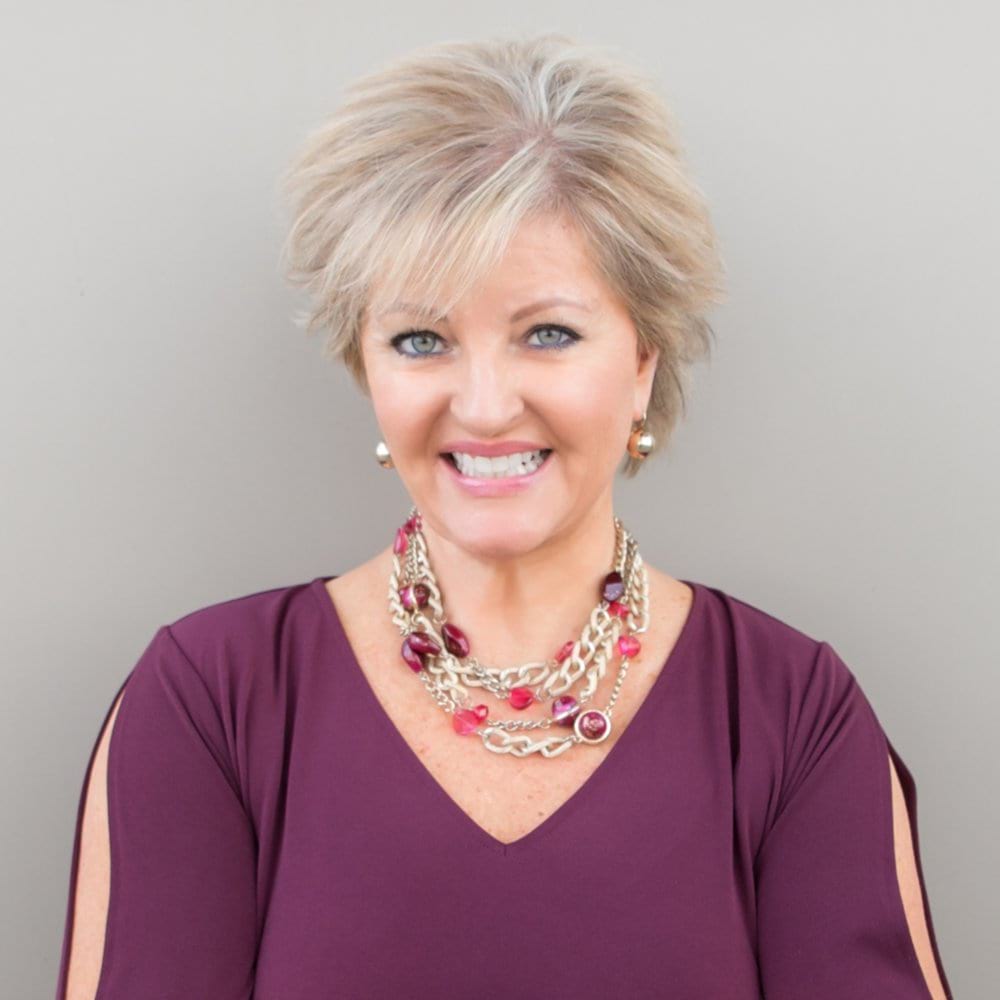
According to a report in The Wall Street Journal, the saturation of smartphones in rich countries, along with increasing prices, and only incremental improvements, have meant plummeting sales of the devices. Although half of the world’s population has a smartphone, increasing concerns about smartphone addiction are driving device makers to develop the next “society-shifting” technology, which will offer convenience but may or may not reside in our pockets. Music to my ears, as in my opinion, the hold this device has on our lives is toxic.
We’ve all seen it: a couple dining out at a wonderful restaurant not interacting with one another because they are both engrossed in their phones, a person acting absolutely panicked when they think they’ve lost their device, people who – in a darkened theater – multi-task while watching the movie, and people who sleep with their device turned on and place it on their nightstand.
The “I-must-have-my-phone-with-me-at-all-times” mindset has become a real problem because this constant “connection” often results in “no real connection.” Smartphone addiction negatively affects our physical and mental health, our relationships, and our productivity.
Studies show that the brain on “smartphone” is the same as the brain on meth: we get an instant high every time our screen lights up with a new notification, thanks to dopamine – the feel-good chemical that gets released every time you do something you enjoy. Dopamine reinforces, and motivates, behavior that makes us feel good and, in turn, can create addiction.
What Can I Do? I read a lot of articles about how to break the addiction and one of the best is authored by Elizabeth Tenety, published in the Washington Post. My favorite tip? Go off-line… completely. Tennis star Serena Williams implemented “no cell phone Sundays” in her house and she is married to Alexis Ohanian, co-founder of Redditt, who leads a full-time, device-dependent work life. If these two movers and shakers can cut the cord, you can too.


Leave A Comment
You must be logged in to post a comment.